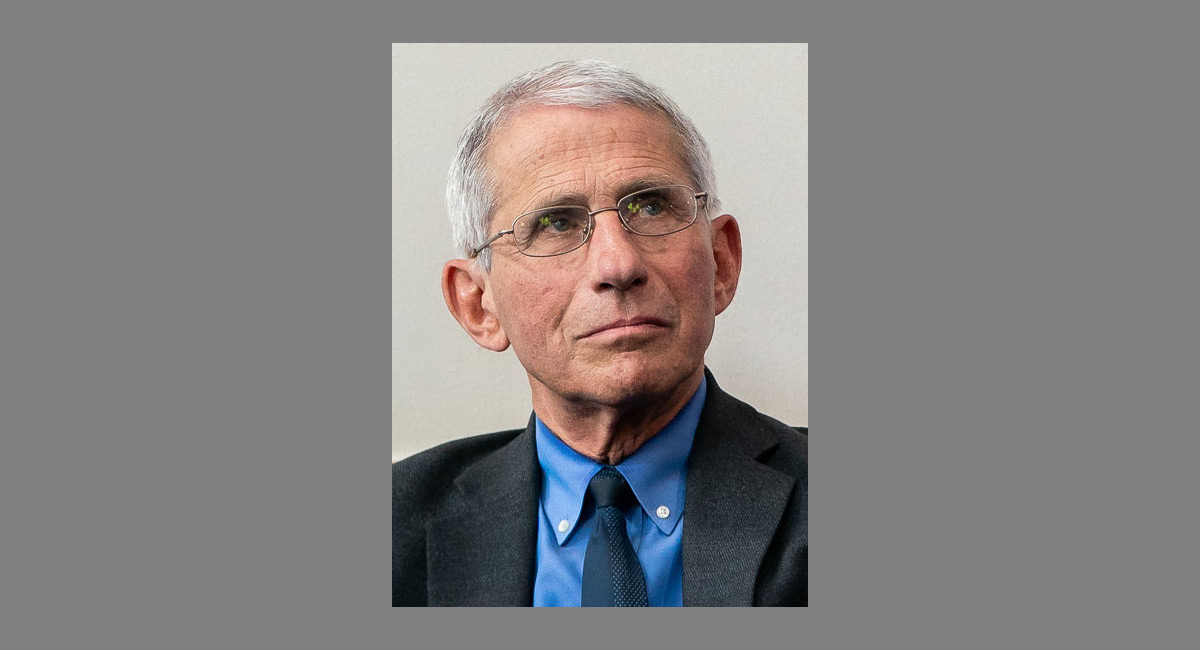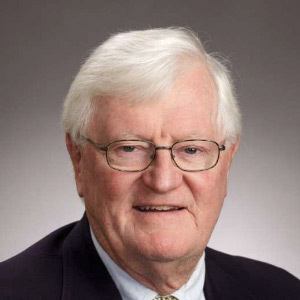I have deep respect for Dr. Anthony Fauci. Whenever he speaks, I listen, hanging on to every word. But he is a product of his own training and a disciple of the protocols and methods of the Food and Drug Administration (FDA). He has said repeatedly that the claimed success of certain drugs, hydroxychloroquine or Remdesivir, is merely “anecdotal.” He subscribes to the FDA’s mandate that before a drug can be generally prescribed, it must pass three sets of clinical trials to prove that it’s safe and effective. This screening process generally takes at least one year, often longer. These trials require randomized, double-blind (neither doctor nor patient knows what the drug is) placebo tests. I’ve always felt sorry for the guinea pigs who get the placebo. It seems cruel and inhumane.
But vulnerable people infected with the coronavirus don’t have one year. They need a drug now.
Dr. Fauci said recently, “We need to do the kinds of studies that definitely prove whether any intervention ... is truly safe and effective.” Sure, we do, but not when the patient may be dying. And let me say this boldly: no drug on the face of the Earth is “truly safe.” There are degrees of safety, which means all drugs have adverse effects or contraindications.
Take penicillin. It kills many people. One adverse effect warning reads: “[One of t]he most common reactions to oral penicillin [is] ... anaphylaxis ... leading to shock or death. It occurs in 5–10% of those receiving penicillin.” Yet no one, including Fauci, would suggest taking it off the market. Its list of side effects, adverse effects, and contraindications runs for pages.
Or take the Salk vaccine, which eradicated polio. It also has many adverse effects, including allergic reaction, paralytic poliomyelitis, anaphylactic shock, and death.
Ask your pharmacist how many drugs on his shelves have no adverse effects or contraindications. He will likely say none.
The FDA approved hydroxychloroquine as safe for patients with malaria, lupus, and arthritis 60 years ago. I could list many patients who say hydroxychloroquine or remdesivir saved their lives or helped them counter COVID-19. Doctors may legally prescribe it “off-label” for COVID-19.
Yet an estimated 90 percent of people who take hydroxychloroquine won’t experience side effects. Up to 7 percent will suffer eye damage, and 11 percent will suffer heart arrhythmias. That’s why doctors must monitor patients.
I received recently an angry letter from a physician upset with my recent declaration in The Hill that President “Trump is right to push hydroxychloroquine.” He wrote: “President Trump is not right to ‘push’ any drug. He is not a physician or a scientist or by no stretch of the imagination has any qualification to recommend any medical treatment for anything.” The physician assumes that because Trump is a layman, he cannot have learned about medical values of a drug and therefore should not have an opinion on it. But the physician does not know what the president’s acquired knowledge about this drug is.
The physician concluded, “Please stop irresponsibly recommending something that you are not qualified to have an opinion about.” Neither the president nor I have the working authority to prescribe any drug. I make my rebuttal to the physician by analogy: I once served as chief of staff to former chief justice Warren Burger. Should I tell this physician he is not qualified to have an opinion about the Constitution or about any constitutional right?
No, he can talk about constitutional rights, and the president and I can talk about a drug. The president, especially, is surrounded by medical advisers.
I make this constitutional point: if we have a constitutional right to defend ourselves against an attacker, why can’t we have that same right when the attacker is the coronavirus?








